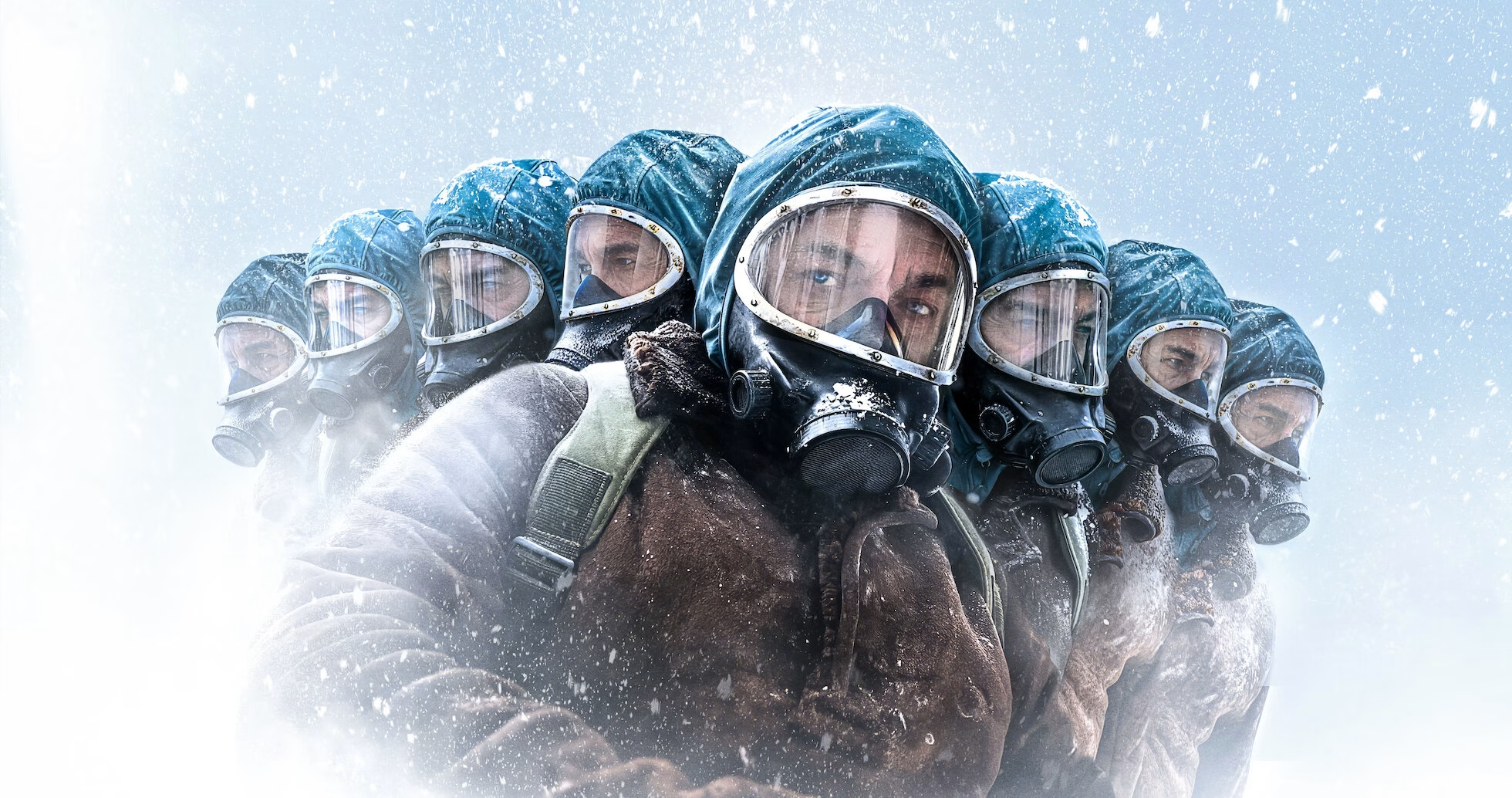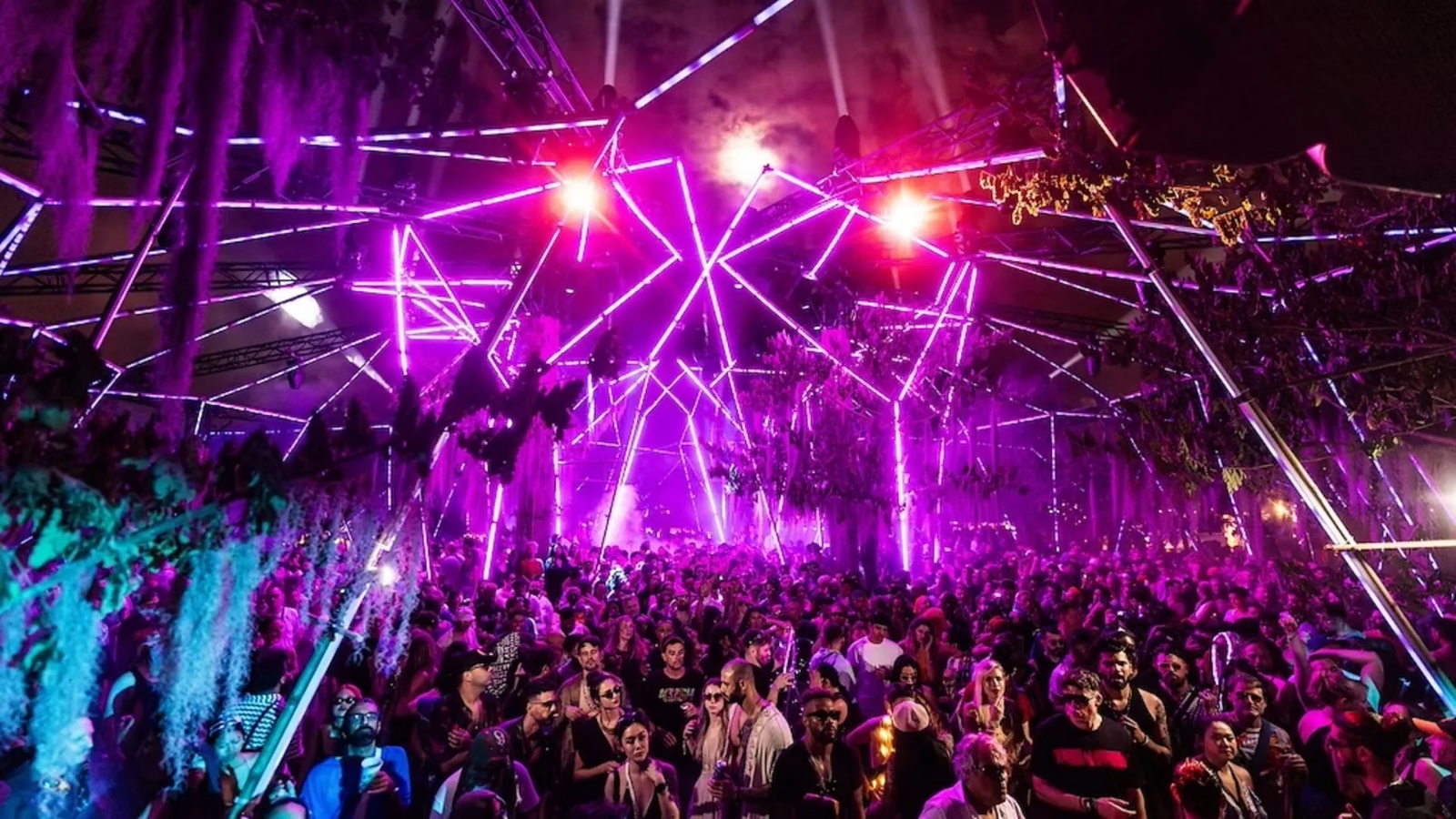As Netflix continues to reshape our viewing habits, the company has now taken a groundbreaking step in its production processes! It announced that for the first time, generative artificial intelligence (AI) was used to create visuals in the Argentine sci-fi series El Eternauta. Netflix co-CEO Ted Sarandos stated that this move would not only make films and shows cheaper but also better in quality.
Speaking to analysts on Thursday after Netflix reported its second-quarter earnings, Sarandos said, “We remain convinced that AI presents an incredible opportunity for creators to make films and series not just more cheaply, but better.”
The Collapse of a Building: 10x Faster with AI!
El Eternauta follows the story of survivors navigating a deadly, fast-spreading toxic snowfall. According to Sarandos, Netflix and its visual effects (VFX) artists used AI to depict the collapse of a building in Buenos Aires. “Using AI-powered tools, they were able to achieve an incredible result with extraordinary speed. In fact, this VFX sequence was completed 10 times faster than it would have been using traditional VFX tools and workflows,” Sarandos said.
This technological advancement allowed the show to be produced at a fraction of the cost typically associated with big-budget productions. Sarandos added, “The cost of those special effects [without AI] would not have been possible for a show of that budget,” highlighting how AI helped reduce production expenses.
AI in Hollywood and Netflix’s Perspective
The use of generative AI in the entertainment industry has sparked fears, particularly within production and VFX sectors, about potential job losses. In 2023, AI became a major point of contention during the dual strikes led by Hollywood actors and writers, which resulted in agreements ensuring the technology would remain under human control and not be used as a replacement.
However, Sarandos dismissed those concerns, saying, “These are real people doing real work with better tools. Our creators are already seeing the benefits in production through previsualization, shot planning, and certainly in visual effects. I believe these tools help creatives expand the possibilities of storytelling on screen, and that’s incredibly exciting.”
Sarandos’s comments came as Netflix reported $11 billion in revenue by the end of June, marking a 16% year-over-year increase. The company attributed its better-than-expected performance in part to the success of the third and final season of the Korean thriller Squid Game. Netflix also expects its small but fast-growing advertising business to “roughly double” this year.
Mike Proulx, Vice President at Forrester Research, commented, “Netflix’s stronger-than-expected quarterly performance is the result of a perfect storm of great content, increased pricing, and advertising momentum.” He added, “While there’s still work to be done in strengthening its ad capabilities, the hardest part may be behind them now with the full launch of its proprietary ad tech platform.”
Netflix’s new AI move is likely to further ignite debates about the future of technology in the world of cinema and television.
So, what do you think? Will AI make films better, or will it replace human creativity?














